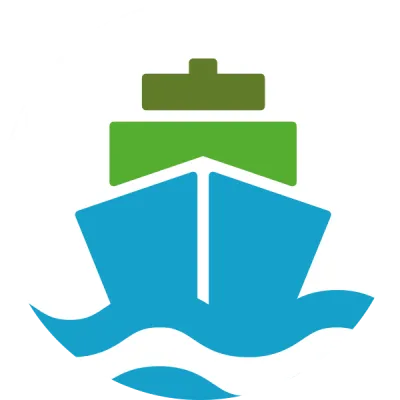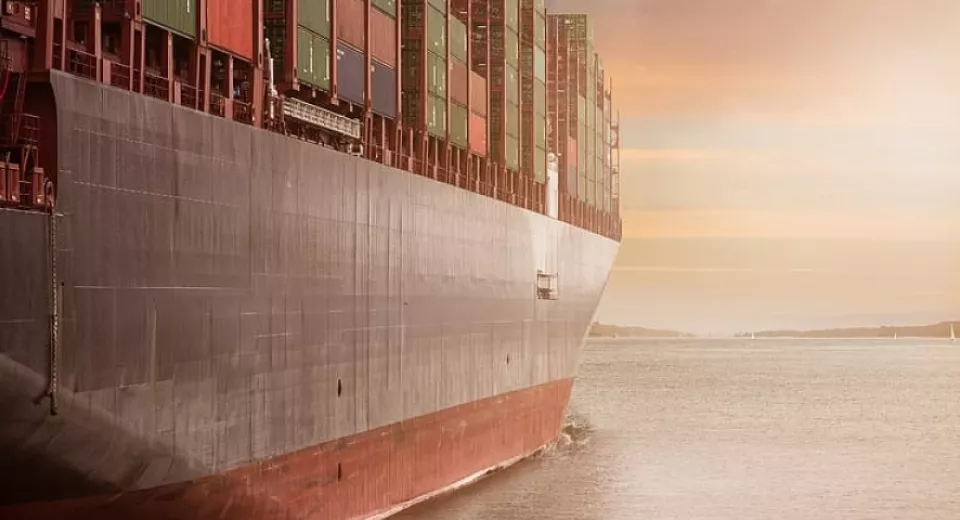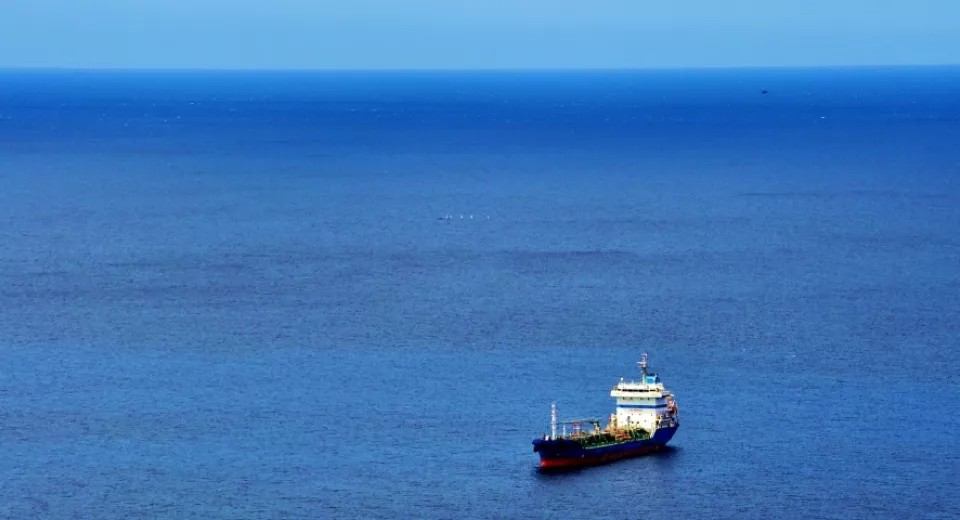Shipping

Maritime transport: more connectivity, less pollution
The North Sea is a busy shipping area. An automatic pilot could make maritime traffic safer, but it would also entail risks if ships cannot get online or exchange the necessary data with each other when at sea.
Another area of attention for maritime and inland navigation is clean shipping, or environmentally friendly and sustainable transport. Ships help reduce traffic congestion and pollution from road transport, but this does not mean that there is no need for additional environmental efforts.
We still have a long way to go to achieve all this. The infrastructure often does not yet comply with the requirements or the practical implementation is not yet optimal. Although alternative fuels are available, for instance, they usually cannot be stored on board easily. These are all good reasons to strongly invest in innovative projects that provide solutions to these challenges.
Wind farm with its own network
Vessels located in (or near) a port are usually connected to the port’s Wi-Fi network. Once they are on the high sea, however, that connection is lost. This problem can be overcome by automatically switching to 4G (LTE).
Some 5G providers are currently active in the Belgian part of the North Sea. Whenever the vessel comes near a wind farm with its own network, it can switch back to Wi-Fi.
This way, its Internet connection is not interrupted. Handy if you make use of non-stop video streaming at sea, for example. Technologies such as the Internet of Things (IoT), big data management and autonomous vessels (including drone ships) could be used in this context.

More autonomous at sea
Connectivity and a smooth data flow are the focus of the SSAVE project, a collaboration between partners such as the Royal Military Academy and IMEC which, at first sight, seem to have little to do with each other. Yet it is this unusual cross-pollination that can lead to remarkable results.
SSAVE aims to develop methods and technologies ensuring secure connectivity and Internet access. In addition, the partners explore how sensor data can be efficiently exchanged. They thus aim to make vessels sailing at sea and on waterways more autonomous.
Within the scope of the Shore Supported Navigation (SSN) project, a pilot project has been implemented to enable vessels to navigate inland between Zeebrugge and Antwerp with a reduced crew and a captain.
Cleaner transport by water
Another focus is cleaner shipping, by means of vessels with lower or zero CO2 emissions. What is innovative is the development of low-carbon fuels and alternative propulsion technologies. To significantly reduce the CO2 emissions of vessels, trials are carried out with green hydrogen and its derivatives, such as methanol and ammonia.
Numerous technical and economic challenges still need to be overcome, such as the cost-efficient production of hydrogen from renewable energy, its safe storage on board vessels, the modification of engines, the construction of refuelling facilities, etc.
Pending this, the harmful emission of particulate matter, sulphur and nitrogen dioxide is reduced by equipping ships with filters, or (partly) fuelling them with LNG.

Flemish businesses are investing in the transition towards zero-emission shipping, for instance through product developments such as the hydrogen engine of BeHydro, through research such as the Green Maritime Methanol project, and by building prototypes. An example of the latter is the two hydrogen- and methanol-fuelled tugboats which the Port of Antwerp has had constructed.
Clean and efficient connected maritime transport is the ultimate ambition. A lot of work remains to be done, but these projects – and the interesting partnerships behind them – have demonstrated that we are on the right track.